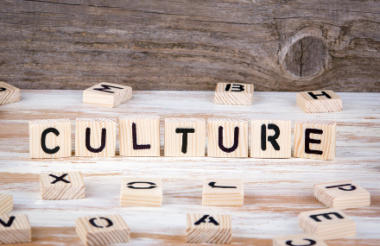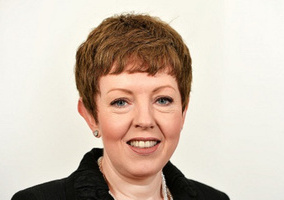Charities are poorly understood, making the sector a “soft target” for MPs wishing to wage a culture war, a charity leader said this week.
Rob Abercrombie, deputy chief executive of the Sheila McKechnie Foundation, was speaking during a session at Civil Society Media’s Spring Summit about the sector’s relationship with government.
He said: “No doubt the charity sector is a soft target, easy territory for it [culture wars] to be waged on.”
Kathy Evans, chief executive of Children England, and Michelle Lee-Izu, corporate director for development and innovation at Barnardo’s were also speaking during the session, which took place ahead of a debate in parliament where a Conservative backbencher urged ministers to do something about “woke” charities.
Abercrombie said that part of the problem was a lack of understanding about charities, as well as the fact that previous scandals meant “we don't really have a good claim to the high moral ground”.
Lee-Izu added: “There's still quite old-fashioned assumptions made about charities.”
She said charities needed to be clearer about how the sector has changed to so that it is “assisting donors, and also society, to understand the massive role that charities do take, and the level of responsibility that they carry”.
Don’t ignore bad behaviour
Evans urged charities not to ignore poor behaviour by government.
“What we can't do is to gloss over or ignore damaging behaviour in the present, in order to try and manoeuvre ourselves to somewhere that we could influence the future,” she said.
At the same time, panellists encourage charities to consider their own behaviour when lobbying politicians and civil servants.
Abercrombie suggested adopting a more grown-up stance.
“If you move to behaving as an adult,” he said, “it creates a kind of drift at the centre of attraction towards the other party behaving as an adult too.”
Evans added that she tries to “hold a consistent character”.
She added: “We will always stand up, and say, ‘that's not child centred, that's hurting children’. But while having a historical perspective on how we got here, that doesn't blame individuals or one party, because it's never just one party.”
Evans also reminded charities that often civil servants are looking to the sector for an outside perspective.
She said: “I think we've got quite timid about how robust civil service can be about being challenged and criticised.”
Independence of charities
The sector has faced repeated criticism from politicians about being too political, with some in the sector fearing that its independence is under attack.
Abercrombie said: “There should be no shame for the sector by engaging in politics but politics and the legal framework allows us to do that.”
Evans agreed, and said: “I believe passionately in the value of the third sector that is not under the control of government, nor simply subject to the ruthless logic of markets.”
However, she said it was “a bit simplistic” to equate being independent with not receiving government funding.
She said she had been able to do things as a charity while being paid government money, without feeling “hobbled or completely constrained”.
Evans added that it was “perfectly valid” to consider donors when contemplating actions, she said, and that the problem comes when there is a “power imbalance”.
Interdependence
Evans went on to say that charities should consider the ecosystem they operate in.
“No charity is independent, my charity is interdependent with the breadth of the sector that surrounds it. We couldn't do what we do, the way we do if other charities didn't exist doing things differently,” she explained.
Abercrombie agreed that “independence has some downsides”. For example, it can discourage collaboration because “people are too obsessed by sovereignty”, he said.
He suggested instead charities should ask themselves: “Are we in a position to, with confidence and vigour, serve the interests of our mission?”
Related articles











